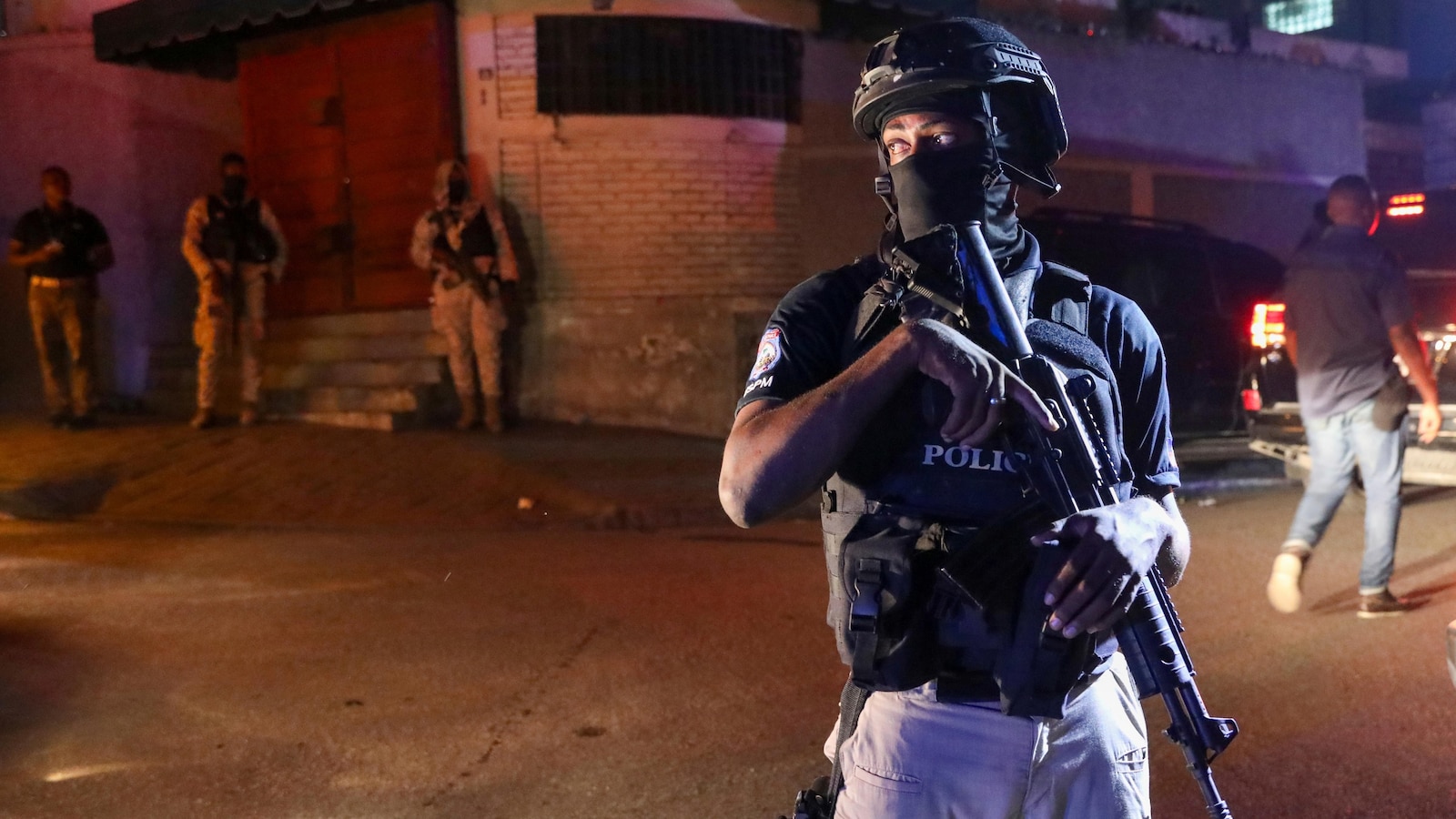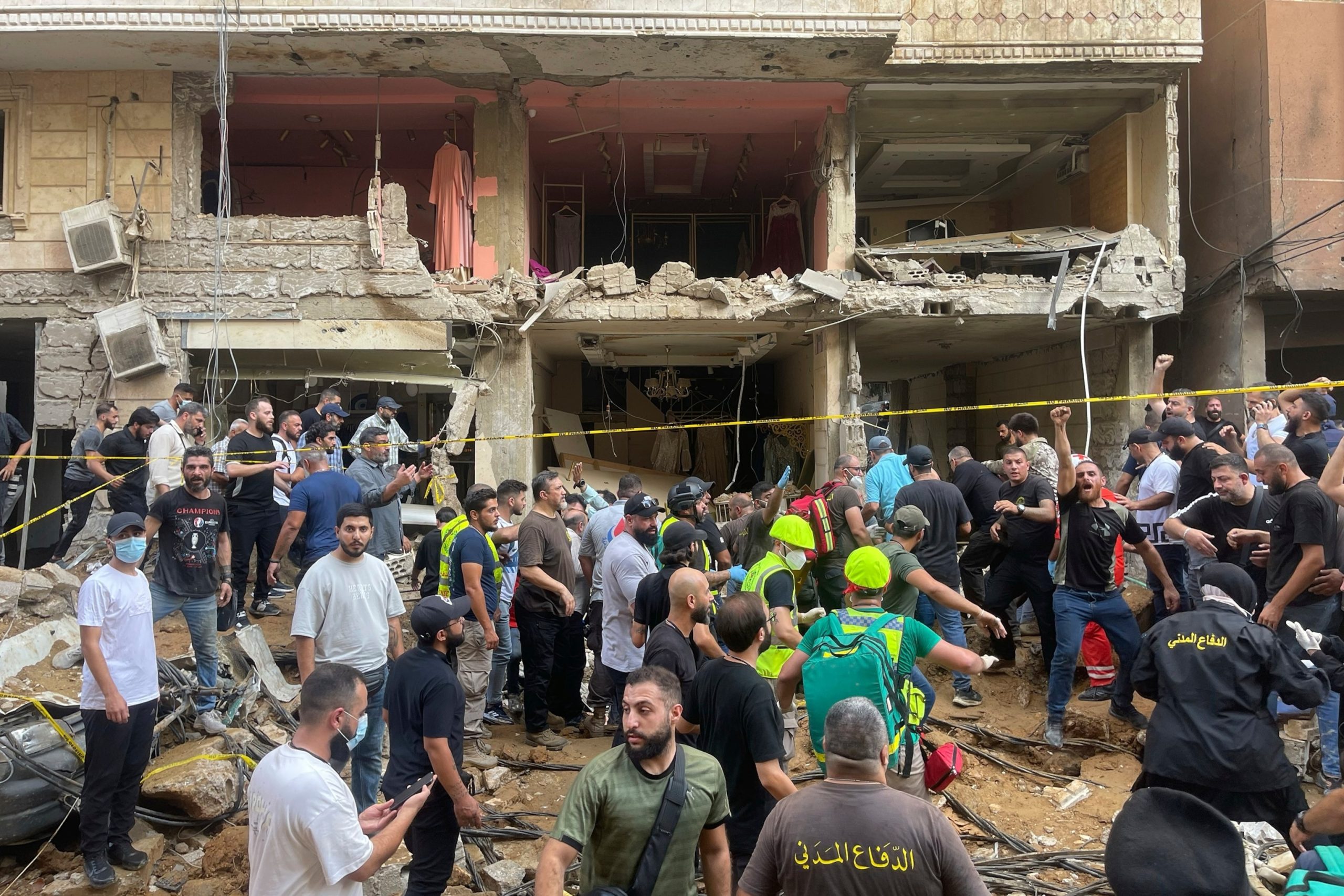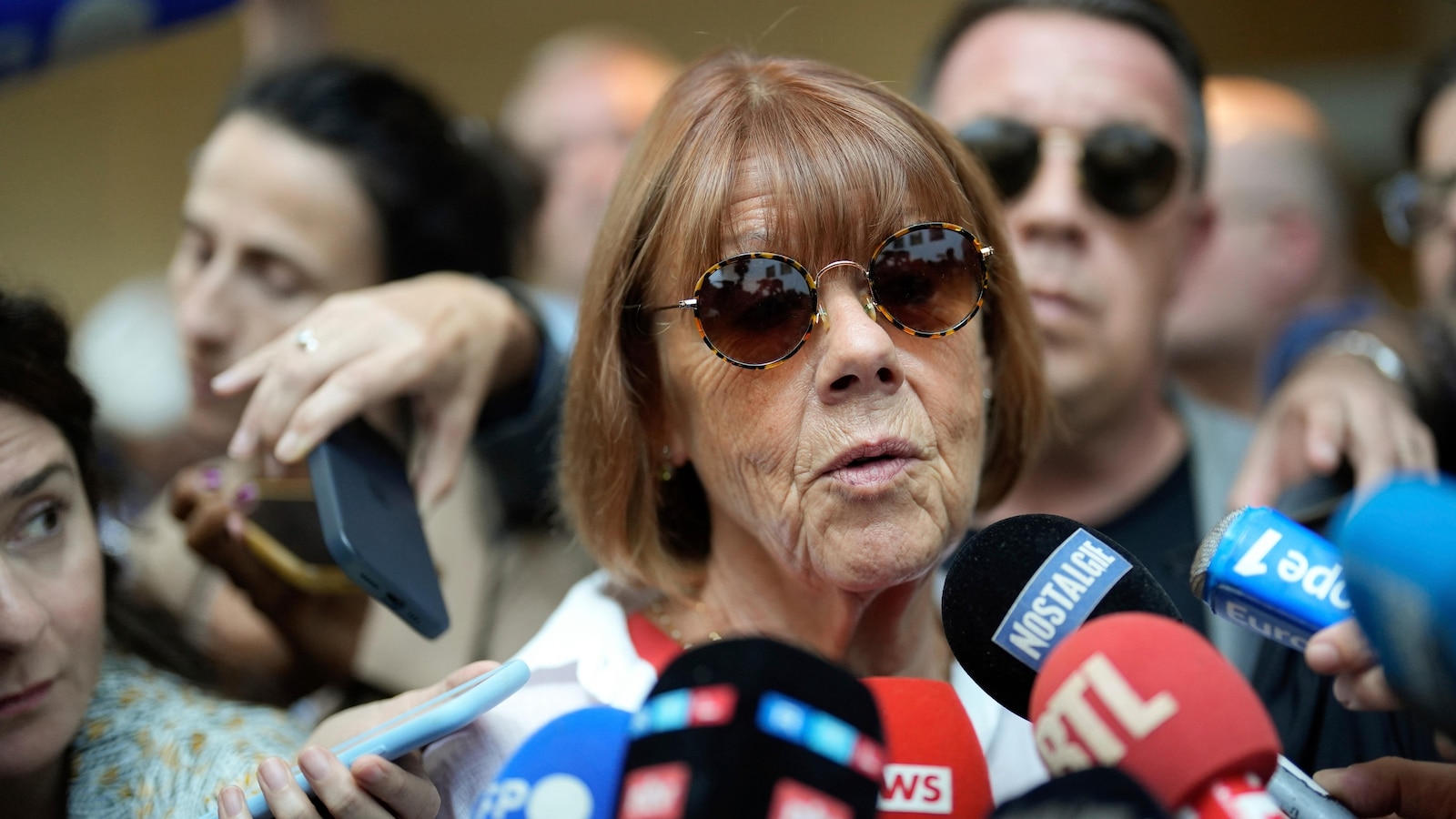
PORT-AU-PRINCE, Haiti — Haiti’s newly selected prime minister, Garry Conille, was hospitalized late Saturday in the capital of Port-au-Prince just days after arriving in the country, the government said.
It wasn’t immediately known why Conille was hospitalized.
The office of the prime minister said in a statement that Conille was feeling slightly unwell “following a week of intense activities.” It did not provide further details except to say that Conille was stable and that he thanked those who visited him and wished him well.
Louis Gérald Gilles, a member of the transitional presidential council that recently chose Conille as leader of the troubled Caribbean country, told The Associated Press that he was at the hospital but unable to provide further information.
A person close to Conille, who spoke on condition of anonymity because he was not authorized to speak to the media, told AP that he was with the prime minister when he noticed Conille appeared to have trouble breathing. The person said he called high-ranking officials and told them Conille needed to be taken to the hospital.
A spokesman for Conille did not return messages for comment.
AP journalists observed high-ranking officials entering the hospital, including Frantz Elbé, director of Haiti’s National Police. Also present was Bruno Maes, UNICEF’s representative in Haiti.
A handful of curious onlookers gathered outside the hospital as authorities blocked the street with tinted-glass SUVs.
Conille was chosen as prime minister May 28 after a convoluted selection process. He faces an arduous task as Haiti’s newest leader, including quelling widespread gang violence as the country prepares for the U.N.-backed deployment of a Kenyan police force, a move that was delayed in part because Haiti lacked a premier after former Prime Minister Ariel Henry stepped down April 25.
Henry was on an official visit to Kenya when gangs launched coordinated attacks Feb. 29, burning police stations, shooting at the country’s main international airport and storming Haiti’s two biggest prisons, releasing more than 4,000 inmates. The violence left Henry locked out of the country and eventually led to his resignation.
Conille arrived in Haiti on June 1, having worked outside the country until recently as UNICEF’s regional director for Latin America and the Caribbean, a post he assumed in January 2023. He previously served as Haiti’s prime minister from October 2011 to May 2012 under then President Michel Martelly.
Conille has been meeting with multiple officials and visiting various parts of Port-au-Prince since arriving, including climbing into an armored vehicle wearing a helmet and flak jacket to go along on a patrol with officers from Haiti’s National Police.
Earlier Saturday, Conille toured Haiti’s main international airport, which recently reopened after gang violence forced it to close for nearly three months. On Friday, he met with leaders of the private business sector as well as the country’s two telecommunications companies.
Conille also had been meeting regularly with the transitional council as they debated who should be appointed to Haiti’s new Cabinet.
___
Coto reported from San Juan, Puerto Rico. Associated Press video journalist Pierre-Richard Luxama contributed to this report.
Haiti’s newly appointed Prime Minister, Ariel Henry, was hospitalized shortly after assuming his leadership role, sparking concerns about his health and ability to lead the country during a critical time.
Henry, a neurosurgeon by profession, was appointed as Prime Minister by President Jovenel Moïse just days before Moïse was assassinated in July. Henry was set to lead the country through a period of political turmoil and instability, with widespread protests calling for Moïse’s resignation and ongoing challenges related to the COVID-19 pandemic and economic crisis.
However, just days after assuming office, Henry was hospitalized for undisclosed health reasons. While his condition remains unknown, his hospitalization has raised questions about his ability to effectively govern the country during such a tumultuous time.
The news of Henry’s hospitalization has added to the uncertainty and instability in Haiti, with many questioning who will lead the country in his absence. The situation is further complicated by the fact that Haiti does not have a functioning parliament, as elections have been repeatedly delayed, leaving the country without a legislative body to provide oversight and checks on executive power.
In the midst of this political crisis, Haiti is also grappling with a surge in gang violence, a worsening humanitarian crisis, and a lack of access to basic services such as healthcare and education. The country is also facing challenges related to the aftermath of the devastating earthquake that struck in August, further exacerbating the already dire situation.
As Haiti continues to navigate these challenges, it is crucial that its leaders are able to effectively govern and address the pressing issues facing the country. The hospitalization of Prime Minister Henry has only added to the uncertainty and instability in Haiti, leaving many wondering what the future holds for the country and its people.


